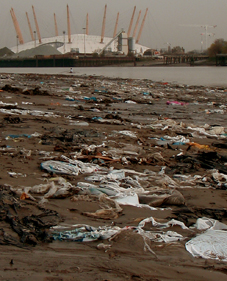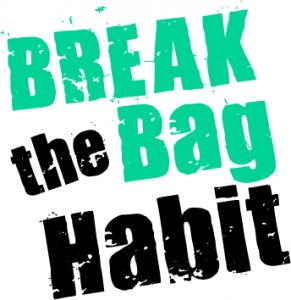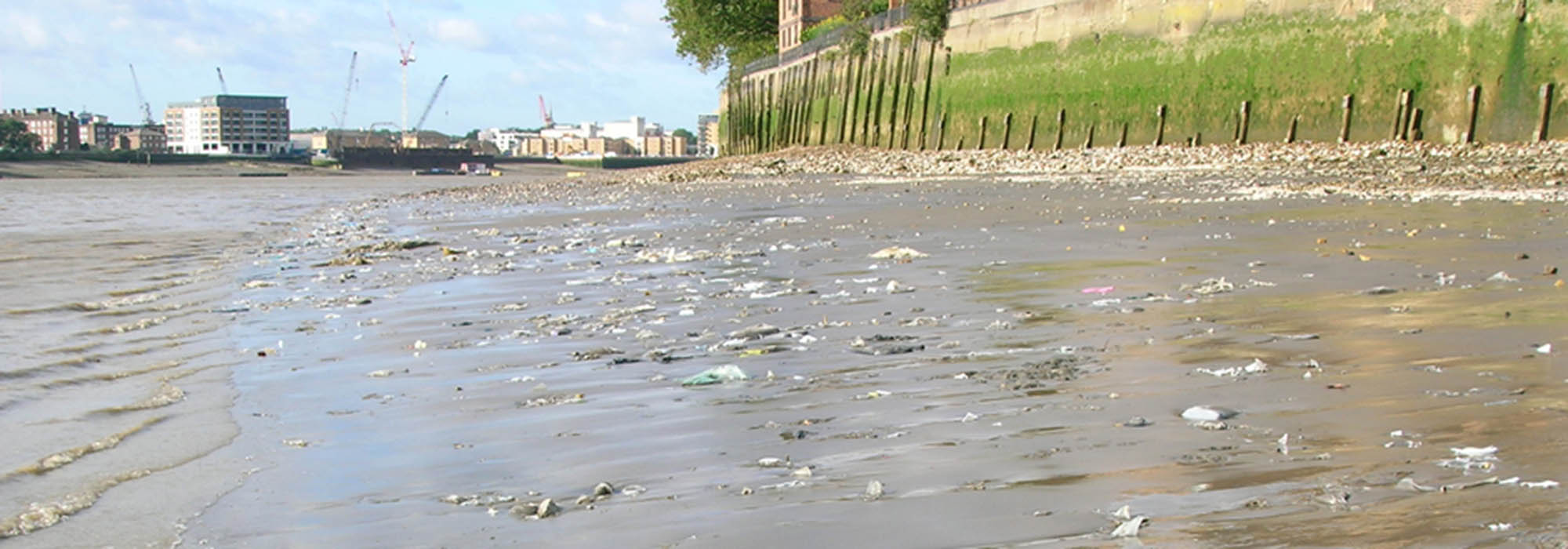Break the Bag Habit
 This is an example of a successful campaign in which Thames21 has played a part, as part of a coalition.
This is an example of a successful campaign in which Thames21 has played a part, as part of a coalition.
Those reading this are likely all too familiar with the perils of discarded plastic bags. Their colourful layers embed our river banks, while those that don’t float out to sea, posing a significant threat to marine wildlife. In the ocean, plastic bags can be mistaken for food and entangle and trap birds and animals.
While there is wide understanding about the dangers of littered plastic in the environment, our dependence on them appears to be increasing.
Thames21 successfully joined the call for a charge on single use carrier bags in England to reverse this trend.
‘Break the Bag Habit’ was a campaign led by the Campaign for Rural  England, Keep Britain Tidy, the Marine Conservations Society and Surfers Against Sewage, which gained support across the blogoshphere before the Government passed a law which meant larger stores had to introduce a 5p charge for single use carrier bags.
England, Keep Britain Tidy, the Marine Conservations Society and Surfers Against Sewage, which gained support across the blogoshphere before the Government passed a law which meant larger stores had to introduce a 5p charge for single use carrier bags.
Why we need to Break the Bag Habit:
- During 2011, a total of 8 billion plastic bags were given out in the UK, that’s a 5.4% increase on the 7.6 billion bags given out in 2010
- Plastic bags are usually made out of the non-biodegradable polyethylene, which is estimated to take between 450 and 1000 years to break down at sea. Polyethylene never completely bio-degrades, instead it breaks down into smaller, more easily ingestible pieces and eventually into microscopic pieces or toxic plastic dust
- The charge on single-use carrier bags in Wales saw their use fall by between 70 and 96% in one year
- New Government statistics show that carrier bag usage in England has dropped significantly since a bag charge was introduced last October, with usage decreasing from 7.64 billion bags in 2014 to 0.6 billion in the six months between October 2015 and 6 April 2016
